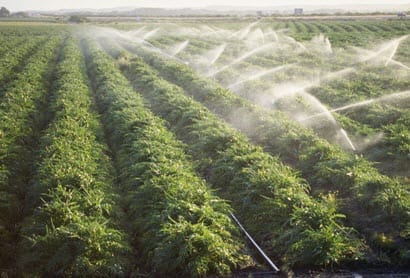Challenges to changes made by U.S. House Agriculture Committee.
The two new reforms for crop insurance that had received Senate approval have been challenged by the U.S. House Agriculture Committee, forming yet another dispute on the farm bill, as time for enacting the new law comes ever closer to running out.
Aside from this disagreement, the House also seeks to boost price supports for crops by up to 40 percent.
On the other hand, the Senate would prefer to cease the subsidies altogether. The preference of the House is to cut four times more money than what the Senate would eliminate from food stamps for poor Americans.
Members of the Agriculture Committee approved their five year farm bill by a vote of 35 to 11.
This occurred at the tail end of a “mark up” session that lasted for fifteen hours. The bill was created by the leaders of the committee and would generate a savings over the next decade of $35 billion. Of this savings, $14 billion would come from cuts to farm subsidies, while $16 billion would be from slashed food stamps.
According to farm lobbyists, it was never likely that the House would take formal action on the bill until the lame-duck session after the congressional elections in November. They forecasted a heated battle over food stamps and attempts to reduce crop insurance and subsidies even further.
A final compromise will be essentially impossible to write if the farm bill doesn’t pass before the August recess.
This will mean that the 2008 crop insurance law will be allowed to expire on September 30.
In the Senate, the vote was 52 to 47 for a requirement for farmers to take part in conservation practices in order to become eligible for crop insurance subsidies. They also voted 63 to 33 for a reduction in the subsidy for the premiums that are available to operators that have an adjusted annual gross income greater than $750,000. These two reforms were supported by the Senate due to their ability to prevent erosion as well as to save a large amount of money for the government.

